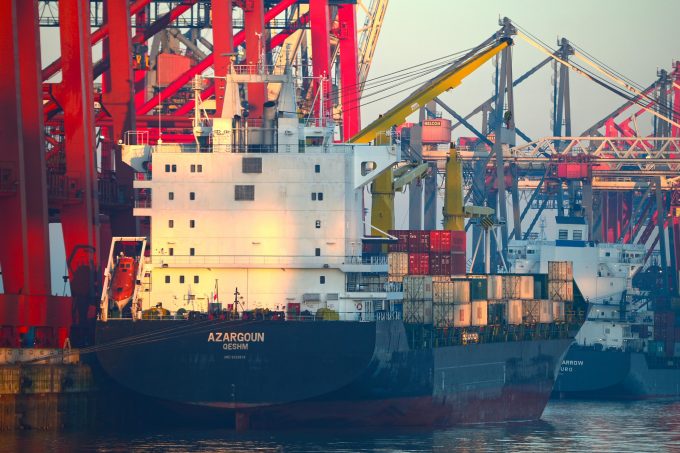Risk Intelligence: Houthis lack resources for Med attacks
Houthi threats to widen their area of operations amount to bluster and propaganda, and “should ...

The first vessel of Islamic Republic of Iran Shipping Lines (IRISL) called at Hamburg this morning, signalling the resumption of its container liner service to Northern Europe as trade between the two regions begins to blossom.
In a separate development, UK-based Eurogate Logistics yesterday announced it had begun freight services in Iran to cater for trade with the UK.
The arrival of the 2,500 teu Azargoun in Hamburg (pictured above) marked the reopening of IRISL’s scheduled European Container Line (ECL) service – which was suspended ...
'Disastrous' DSV-Schenker merger would 'disrupt European haulage market'
New senior management for DSV as it readies for DB Schenker takeover
Volumes set to 'fall off a cliff' as US firms hit the brakes on sourcing and bookings
Asian exporters scramble for ships and boxes to beat 90-day tariff pause
Amazon pushes into LTL for small package fulfilment and UPS does a u-turn
Temporary tariff relief brings on early transpacific peak season
Pre-tariff rush of goods from US to China sees air rates soar, but not for long
Forwarders 'allowing the fox into the chicken run' by supporting 'hungry' carriers

Comment on this article